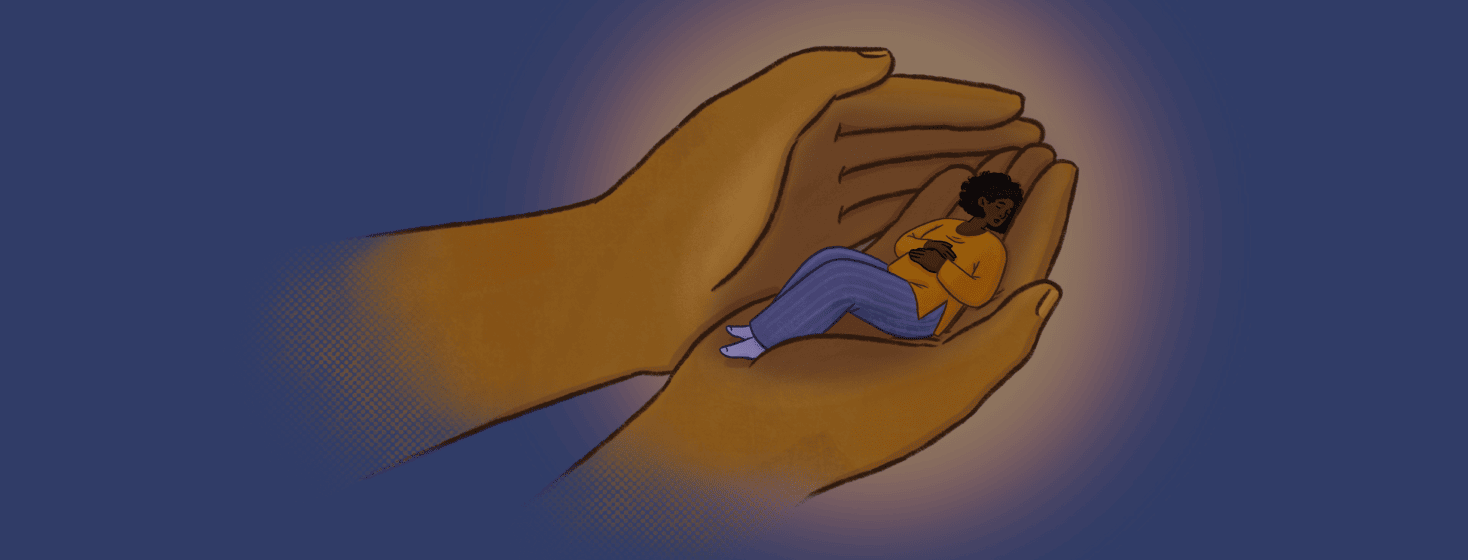How to Support Someone Living with Migraine Disease
As someone who lives with migraine disease and several other chronic illnesses, I often see posts on social media and participate in conversations on our website forums on the surprising, frustrating, annoying, and sometimes hurtful things people say to "try to help" or "relate" to us.
Why are the comments so frustrating?
In my experience, most of these comments come from a deep naivety on behalf of the speaker, and truly have little to nothing to do with how we frame our experiences, what or how we share what it's like to live with our diseases, or how we act/don't act in their presence.
This is frustrating. It feels like the opposite of empowering. In fact, it feels sort of condemning, in my opinion.
Who am I writing this for?
There are people in my life who I truly believe want to understand, and want to be supportive, but just don't have the understanding, insight, or language to do so.
So, this article is for them. And maybe it'll be helpful for some of the people in your life too. Fingers crossed!
How do I describe migraine to others?
I think first off, it's important to share what it's really like to live with migraine disease. But in a non-clinical, short and sweet way that anyone can understand. I usually try using an "elevator pitch" type response like this:
Living with migraine disease can be really unpredictable for me. My migraines typically come out of nowhere, without warning, and can range from mild to severe, requiring hours or days in bed, in a dark silent room. I take medication to help prevent migraines so they happen less frequently than they used to, but they still happen regularly. I have strong prescription medication to help relieve them, but it takes time to work and isn't always 100% effective. As much as I've learned to live with this, it's still really frustrating and upsetting for me when I have to cancel plans, miss events, take days off work, or am ultimately seen as unreliable. I hope you know that I would never do any of those things unless I was struggling with debilitating pain.
How does this help?
This usually sets the stage to ultimately be as understood as possible - which is still difficult for someone who has never or only a few times in their life experienced a true migraine. But, it's better than nothing, in my opinion, and I use language not just expressing my experience, but also my feelings about it and how I know I can be perceived by others. This is simply my choice on how I communicate, and I definitely recommend tailoring the above for your own use.
How can my loved ones support me?
Then, I try adding in a short bit about how they can support me:
I know it might feel really frustrating that this is unpredictable, and that you might feel lost at ways you could support me, especially when I might not be able to answer my phone or text back during this time. Here's what I'll share - during the time I struggle with a migraine, my husband has to take care of our toddler daughter. Tangible ways to help are checking on him and/or offering to drop off food for him, or food or activities for her. For me, ultimately I need the time to sleep in order for my migraine to subside. When I am able to function fully again, sometimes a few days have passed. Updating me afterwards on anything crucial I missed at work, or anything you missed sharing with me (as a friend) makes me feel like I'm being kept in the loop, and also like you understand why I had to be absent. And patience, that's the big one. Patience when a migraine begins and I sometimes have to drop what I'm doing, patience while I'm out of commission, and patience as I reemerge.
Do they have any questions?
And then I ask if they have any questions, if they'd like to know more about anything I shared, and/or if there's anything they'd like to share with me.
If you've had a similar type of conversation with family members, friends or colleagues, how did it go? Did your end look or sound at all like this?

Join the conversation